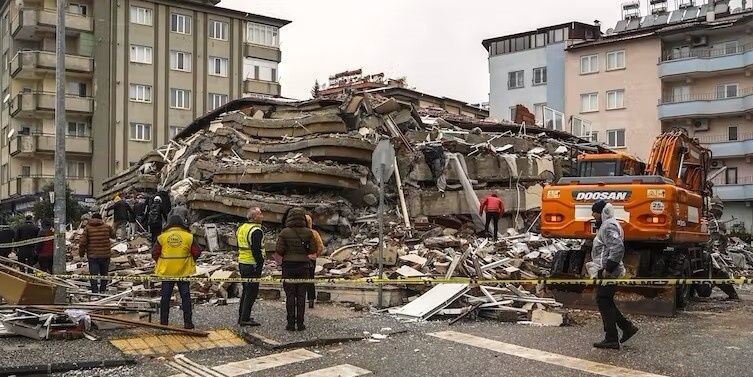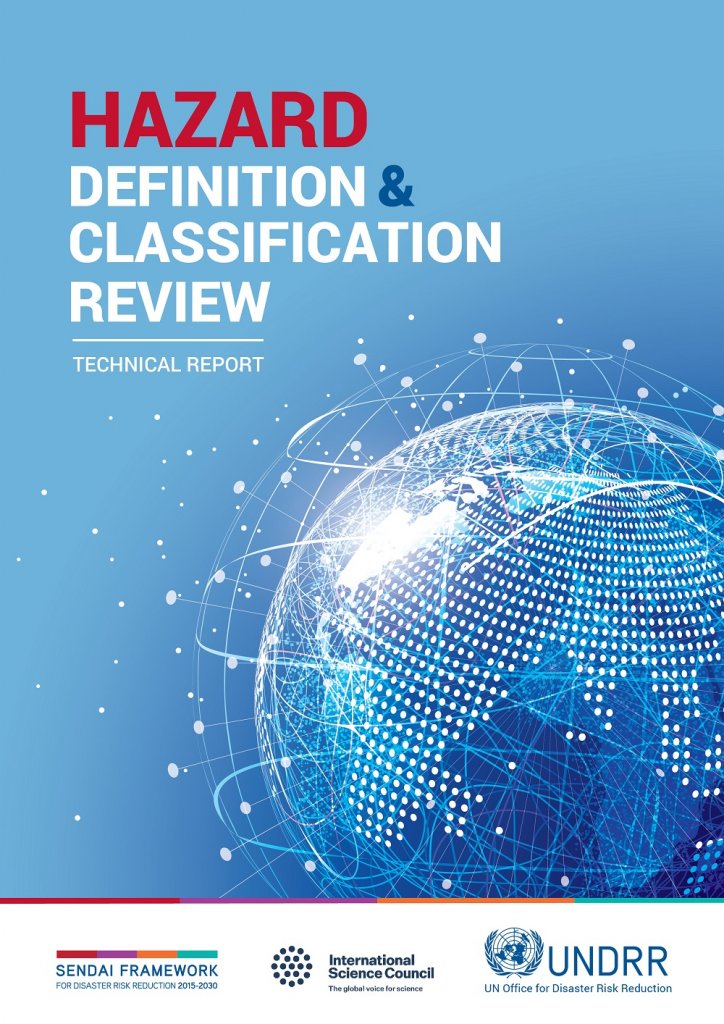
7 February 2023
Paris, France
We are profoundly saddened by the news of the devastating earthquakes that hit Türkiye and Syria yesterday. We send our deep condolences to those who have lost loved ones, to those who are injured, and to our scientific compatriots whose work may have halted during the aftermath of the disaster. The ISC stands ready to assist by convening our international membership to express support for universities or spaces of learning and research that may have been affected.
Sir Peter Gluckman, President, International Science Council
Dr Salvatore Aricò, CEO, International Science Council
On behalf of the ISC Governing Board
Further statements of support
International Center of Excellence for IRDR (Integrated Research on Disaster Risk)
Further Reading:
A pair of huge earthquakes have struck in Turkey, leaving more than 3,000 people dead and unknown numbers injured or displaced.
The first quake, near Gaziantep close to the Syrian border, measured 7.8 in magnitude and was felt as far away as the UK. The second occurred nine hours later, on what appears to be an intersecting fault, registering a magnitude of 7.5.
Adding to the devastation, some 3,450 buildings have collapsed, according to the Turkish government. Many of the modern buildings have failed in a “pancake mode” of structural collapse.
Why did this happen? Was it simply the enormous magnitude and violence of the quake, or is the problem with the buildings?
Earthquakes are common in Turkey, which sits in a very seismically active region where three tectonic plates constantly grind against one another beneath Earth’s surface. Historical records of earthquakes in the region go back at least 2,000 years, to a quake in 17 CE that levelled a dozen towns.
The East Anatolian Fault zone that hosted these earthquakes is at the boundary between the Arabian and Anatolian tectonic plates, which move past each other at approximately 6 to 10 mm per year. The elastic strain that accumulates in this plate boundary zone is released by intermittent earthquakes, which have occurred for millions of years. The recent earthquakes are thus not a surprise.
Despite this well-known seismic hazard, the region contains a lot of vulnerable infrastructure.
Over the past 2,000 years we have learnt a lot about how to construct buildings that can withstand the shaking from even severe earthquakes. However, in reality, there are many factors that influence building construction practices in this region and others worldwide.
Many of the collapsed buildings appear to have been built from concrete without adequate seismic reinforcement. Seismic building codes in this region suggest these buildings should be able to sustain strong earthquakes (where the ground accelerates by 30% to 40% of the normal gravity) without incurring this type of complete failure.
The 7.8 and 7.5 earthquakes appear to have caused shaking in the range of 20 to 50% of gravity. A proportion of these buildings thus failed at shaking intensities lower than the “design code”.
There are well-known problems in Turkey and elsewhere with ensuring safe building construction and adherence to seismic building codes. Similar building collapses have been seen in past earthquakes in Turkey.
In 1999, a huge quake near Izmit saw some 17,000 people dead and as many as 20,000 buildings collapse.
After a quake in 2011 in which hundreds of people died, Turkey’s then prime minister, Recep Tayyip Erdogan, blamed shoddy construction for the high death toll, saying: “Municipalities, constructors and supervisors should now see that their negligence amounts to murder.”
Even though Turkish authorities know many buildings are unsafe in earthquakes, it is still a difficult problem to solve. Many of the buildings are already built, and seismic retrofitting may be expensive or not considered a priority compared to other socio-economic challenges.
However, reconstruction after the quake may present an opportunity to rebuild more safely. In 2019, Turkey adopted new regulations to ensure buildings are better equipped to handle shaking.
While the new rules are welcome, it remains to be seen whether they will lead to genuine improvements in building quality.
In addition to substantive loss of life and infrastructure damage, both earthquakes are likely to have caused a myriad of environmental effects, such as ruptured ground surfaces, liquified soil, and landslides. These effects may render many areas unsafe to rebuild on – so reconstruction efforts should also include planning decisions about what can be built where, to lower future risks.
For now, aftershocks continue to shake the region, and search and rescue efforts continue. Once the dust settles, reconstruction will begin – but will we see stronger buildings, able to withstand the next quake, or more of the same?![]()
Mark Quigley, Associate Professor of Earthquake Science, The University of Melbourne
This article is republished from The Conversation under a Creative Commons license. Read the original article.
Image: Mustafa Karali / AP and The Conversation
Relevant ISC information:

The ISC continues to work with the UNDRR and our partners to advance the Sendai Framework Disaster Risk Reduction 2015-2030 as one of the key priorities under the ISC Action Plan
See more on the Council’s work on the Hazards Classification and Review process.
Be the first to receive the ISC’s Mid Term Review of the Sendai Framework in March 2023 by signing up to our DRR community newsletter.